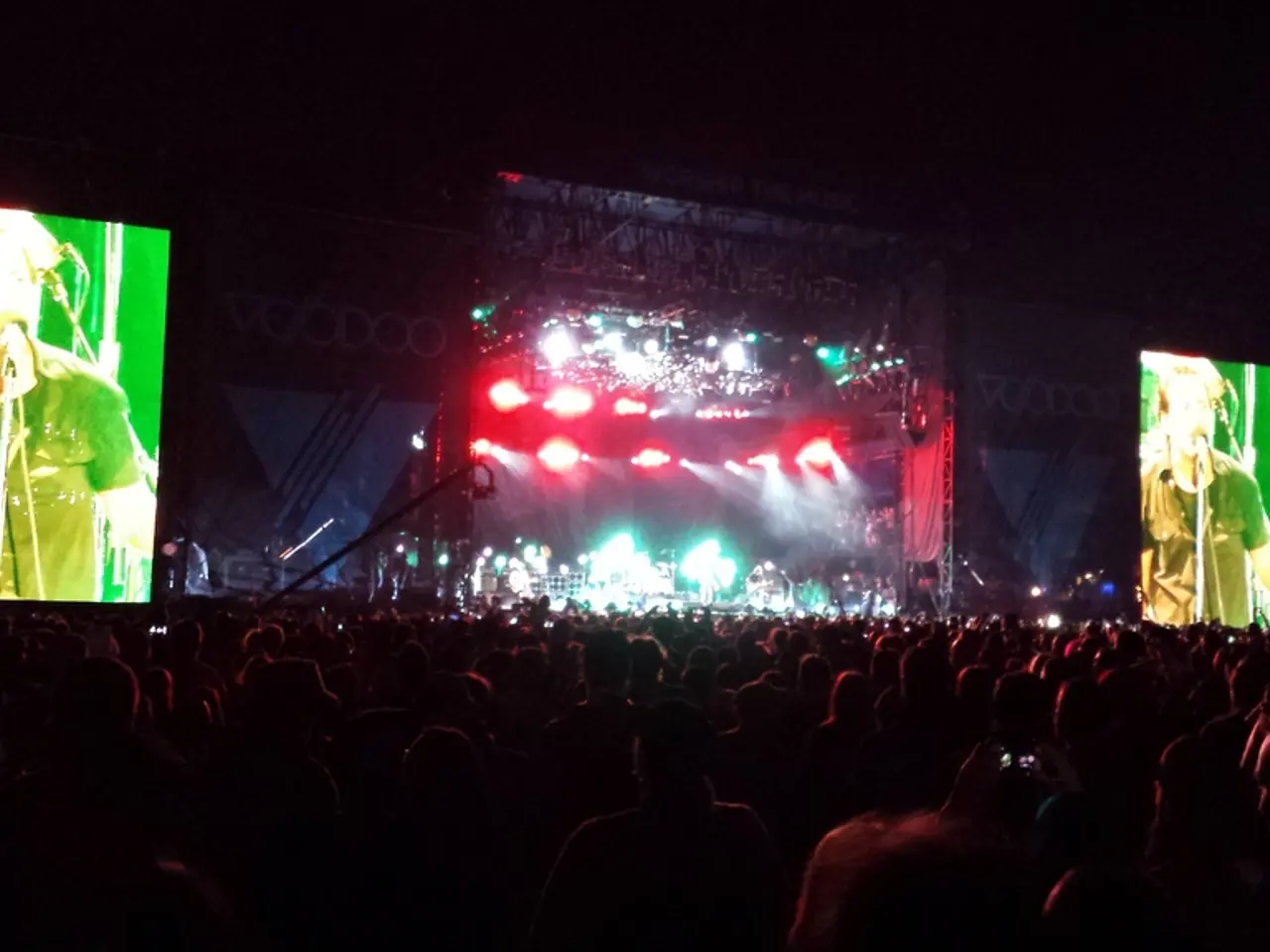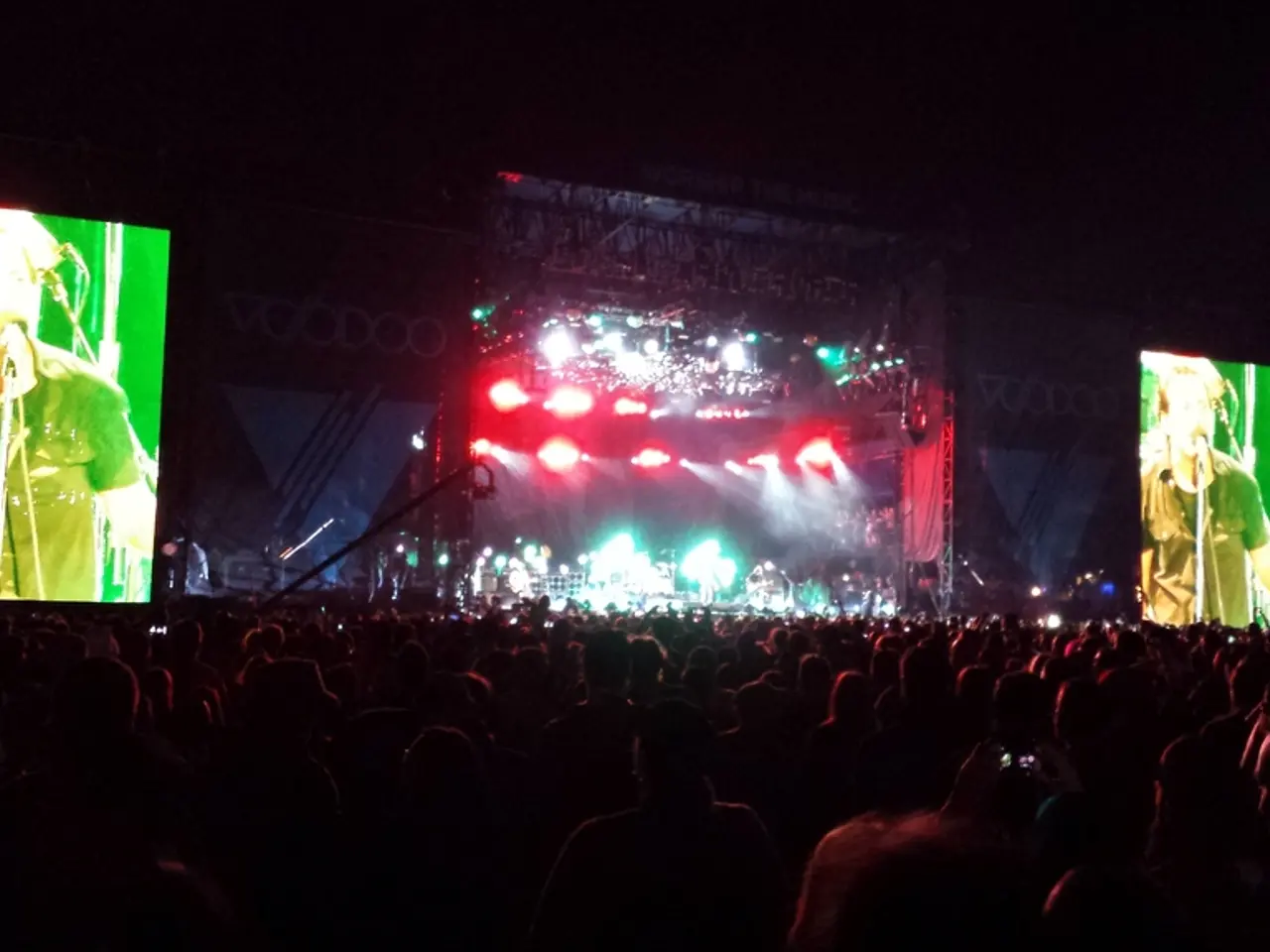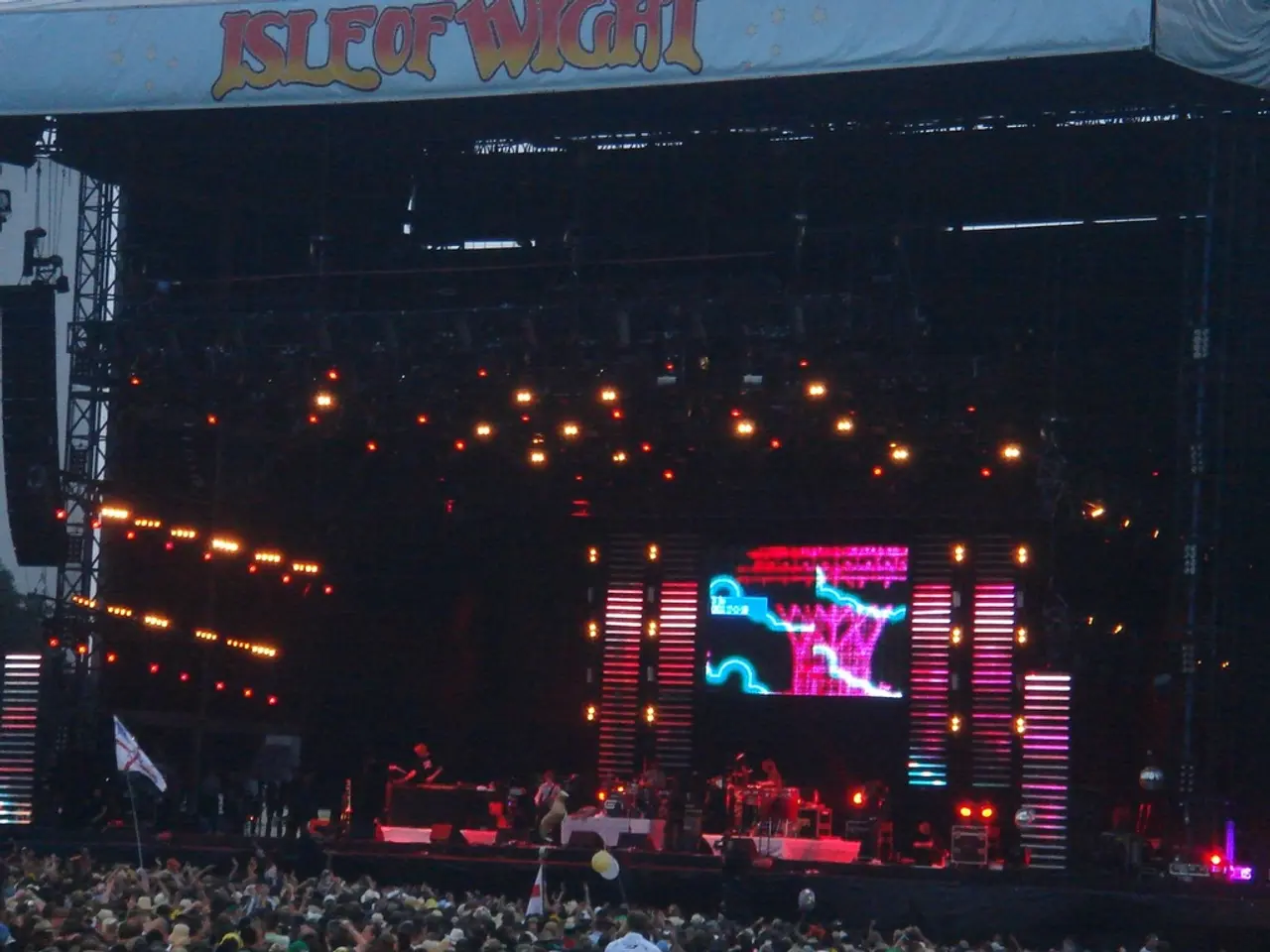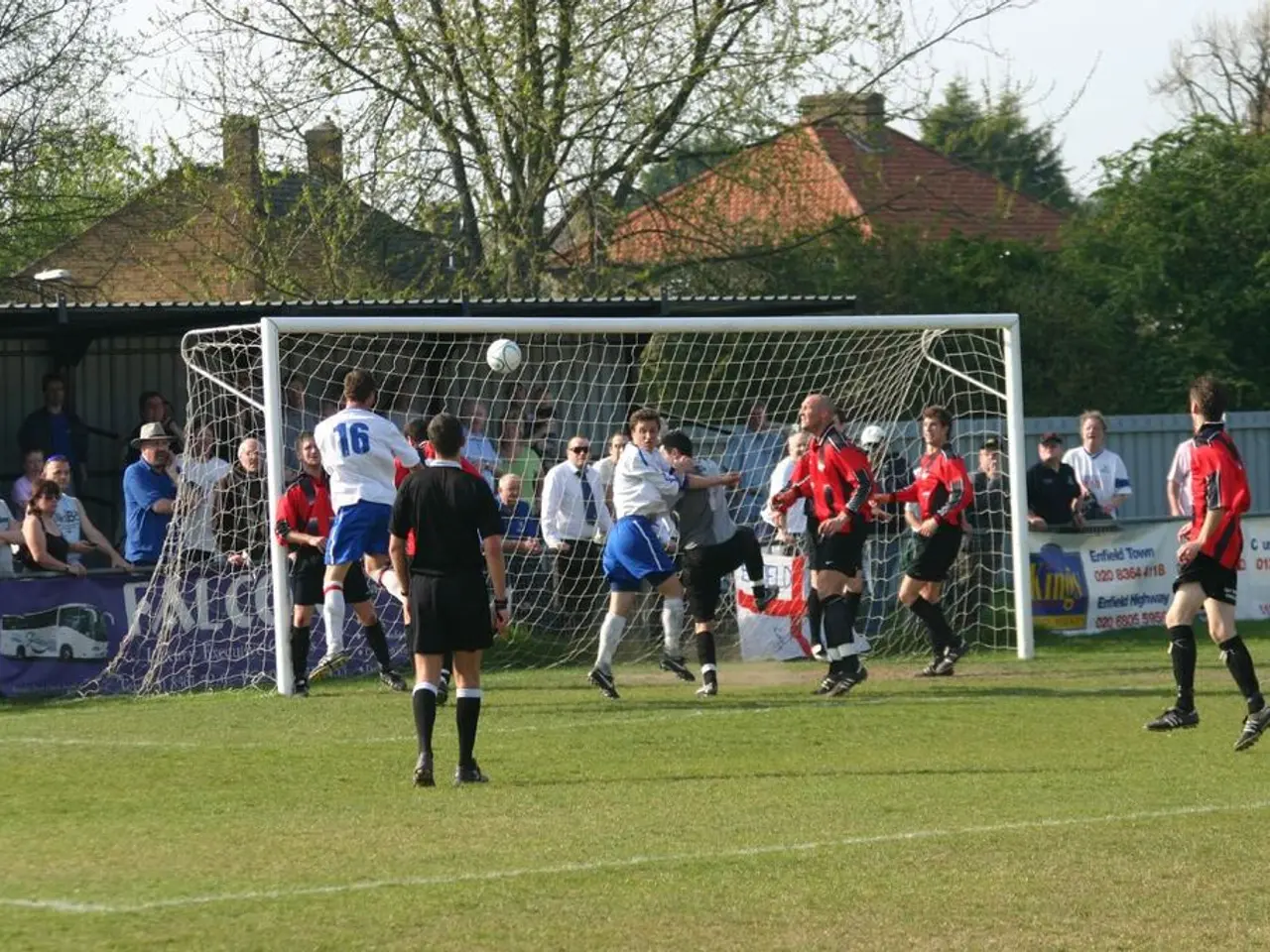Two centuries since the birth of Theodor Fontane, renowned German poet and landscaper in verse.
## Theodor Fontane: A Poet of Contradictions and the Seismograph of the Soul
Born on the 30th of December, 1819, in Neuruppin, Theodor Fontane began his career as a journalist in 1848, a time marked by revolutionary activity across Europe. Initially, he served as a correspondent in England for two Prussian newspapers, where he wrote books on English life, reflecting an openness to foreign cultures and ideas. Upon returning to Germany, Fontane worked for the conservative newspaper Kreuzzeitung from 1860 to 1870, suggesting an initial alignment with conservative political circles.
However, Fontane's most productive and artistically mature period began after he took on the role of drama critic for the liberal Vossische Zeitung. This transition to a liberal publication marked a notable shift in his political leanings, suggesting a move away from his earlier conservatism towards a more liberal outlook. This period saw the publication of his most famous and critically acclaimed novels.
Though Fontane himself did not engage in overt political activism, his novels often scrutinized the values of Prussian aristocracy and the emerging bourgeois society. For example, Schach von Wuthenow (1883) exposes the moral weaknesses and hypocrisy of the Prussian upper class. His realistic portrayals of society, combined with a nuanced narrative style, reflect a critical yet ambivalent stance toward both traditional aristocratic power structures and the limitations of bourgeois liberalism.
Fontane's literary landscapes frequently depicted the environmental and social changes brought about by industrialization, including pollution, urban sprawl, and the encroachment of modernity on rural Prussia. While not explicitly environmentalist in a modern sense, his work reflects awareness of and concern for shifting social and natural relations, indicating a broader engagement with the political questions of his time—especially regarding the consequences of industrialization and social transformation.
Fontane's relevance extends beyond his 200th birthday, as his work continues to address contemporary issues of openness of thought, contradictions in modernity, and the struggles of women. His novel, Effi Briest, portrayed the struggles of women and their exclusion from society. The modern image of women that Fontane drew repeatedly failed at the chains of conventions.
Fontane sketched a physiognomy of the soul with the ruggedness of the North and the vast expanses of Brandenburg as its frame. He was a poet of contradictions, as Georg Lukács described, with an inseparable intertwining of skepticism and naive credulity in matters of public life. Thomas Mann described Fontane as having "responsible independence" and an "uncertain element."
Fontane was a political vagabond, working for both liberal and conservative outlets. He acknowledged his political ambivalence, stating that one can be for and against Prussia, for and against Bismarck, a Junker, a bourgeois, and a worker at the same time. Despite his political vacillation, which resembled the life of Richard Wagner, Fontane remained a patriot, mirroring the world in his works.
Fontane's "Wanderungen durch die Mark Brandenburg" is a literary work that reflects world history and showcases Fontane's passion for detail. His work stands for human existence in all its ambivalence, making him one of the great German landscape poets. Fontane is the seismograph of the soul, knowing its banalities, restlessness, and destinies. His work continues to resonate today, offering insights into the complexities of human nature and the changing world around us.
- As a journalist in the 1840s, Theodor Fontane wrote books on English life, demonstrating an early interest in fashion-and-beauty and pop-culture.
- Fontane's work often critiqued the lifestyle of the Prussian aristocracy and emerging bourgeois society, reflecting his keen interest in social issues.
- Schach von Wuthenow, a novel by Fontane, exposed the hypocrisy and moral weaknesses of the Prussian upper class, hinting at a concern for sports-analysis and sports-betting in society.
- While not explicitly environmentalist, Fontane's novels reflected awareness of the impact of industrialization on the environment, similar to the effects of urban sprawl and pollution in sports.
- Fontane's Effi Briest portrayed the struggles of women in society, echoing the battles faced by WNBA players and NCAA basketball players trying to achieve success in sports.
- Fontane's works are a mirror of society, showing a nuanced understanding of public life, much like the analysis of celebrity lifestyles in entertainment and sports news.
- Books about Theodor Fontane's life and works continue to chronicle contemporary issues such as political ambivalence, openness of thought, and the changing world around us, making him a surprising yet captivating figure in the world of literature and pop-culture.







